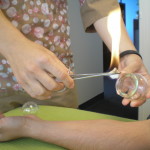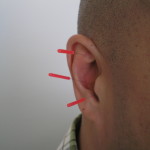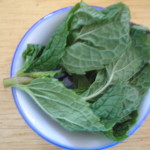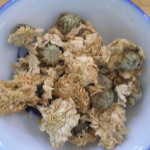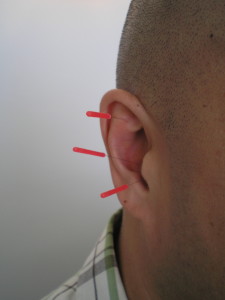Do you suffer from insomnia?
Staying up late watching the shopping channel? Drinking litres of chamomile tea to relax at the end of the day? Waking early with a to-do list running through your mind?
Sounds like insomnia. Who hasn’t had a night where sleep was elusive either spending hours tossing and turning or waking up in the middle of the night? What can be done to promote a long, restful sleep? There is the usual advice that starts with having a bed time routine, spend 30 – 60 minutes winding down at the end of the night, avoid anything stimulating such as food, drink, vigorous exercise before bed. All those things can help but it is possible there is an internal imbalance and that is where traditional Chinese medicine (TCM) can help.
In TCM insomnia can be due to:
- emotional stress such as worry, anger or guilt.
- overwork, which can deplete the body of it’s energy more specifically Kidney yin.
- irregular diet, overeating or excessive greasy, spicy food can aggravate the stomach or lead to food stagnation.
- timidity is a constitutionally timid person is related to the gallbladder in TCM. This is a person who is fearful, indecisive and non-assertive.
- childbirth not because of crying babies, but loss of blood.
- heat can lead to restlessness.
Organ systems most related to insomnia are Heart in combination with Spleen, Stomach, Kidney, Liver and Gallbladder. Each of these organ patterns can be classified as excess – too much or deficiency – lacking. With regards to insomnia excess conditions are often related to heat, external heat, worry or anger turning to heat or food stagnation turning to heat. In these cases there will be agitation, heat sensations, restlessness, disturbing dreams, possibly palpitations. Deficiency conditions can be related to Qi, Yin or blood with difficulty in falling asleep, tiredness, poor memory. With the gallbladder sleep will be light and one will wake early, while yin deficiency causes one to wake during the night, possibly accompanied by irritability, dryness, dizziness and blurred vision.
In TCM the pattern identification is key to determining the appropriate treatment. Acupuncture can balance the organ systems so sleep will come easier, last longer and be deep and restorative. Often acupuncture will be used in combination with herbal prescriptions. This is to ensure the benefits of treatment are long lasting. Herbal medicine is different than taking a sleeping pill. The formula is designed to regulate the body so it can achieve sleep on it’s own not to force it into a sleep state, therefore the herbal medicine is not only taken at night. It will be taken 2-3 times a day.
Herbs are also slower acting than sleeping pills but over a course of treatment one will be able to sleep without the aid of medication. A course of treatment will vary from person to person. If someone has been suffering with insomnia for several years herbs may need to be taken for 6 months or more. If there has been a recent event which precipitated the poor sleep then the remedy may only need to be taken for a few weeks. The number of acupuncture sessions will vary as well from 6 – 12 or more. Typically the longer the condition the longer the treatment.
You can find out if you have insomnia by taking this short questionnaire.






